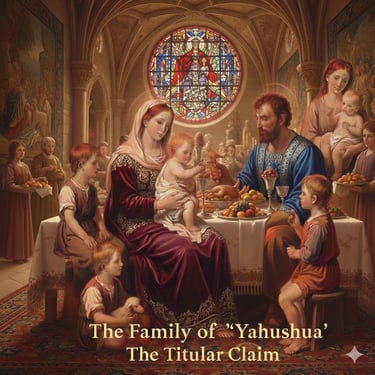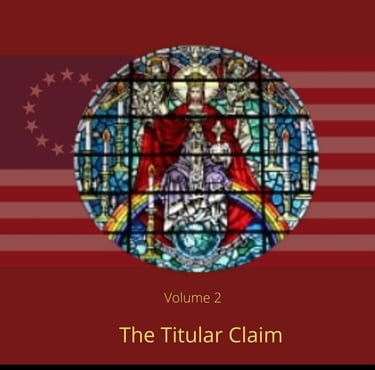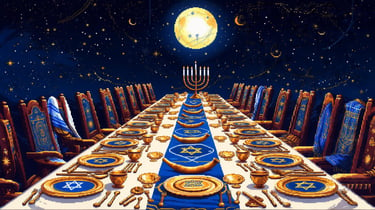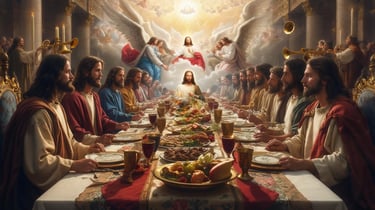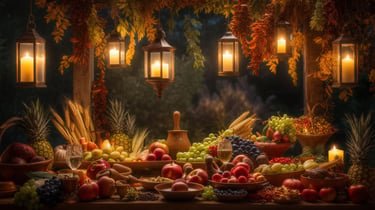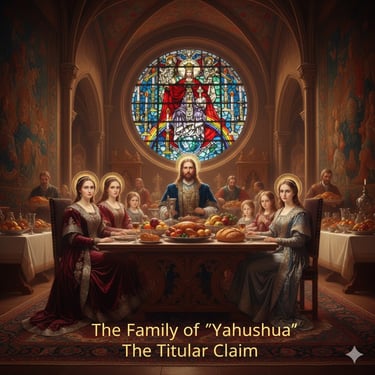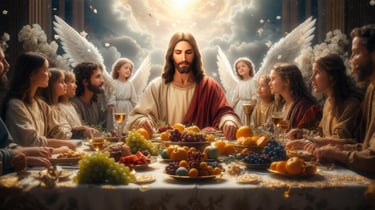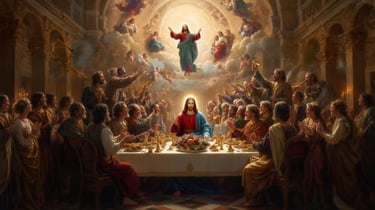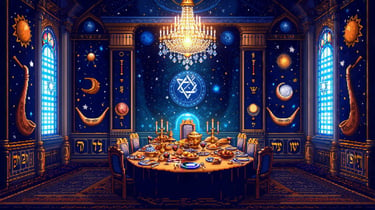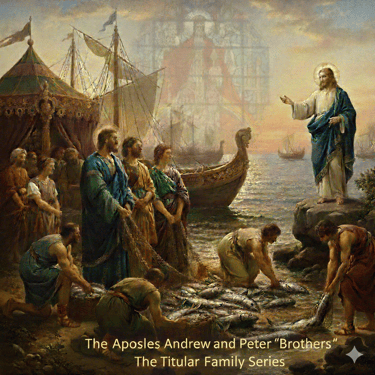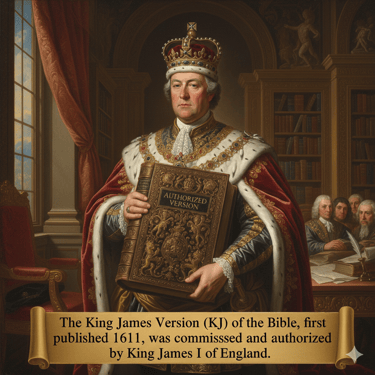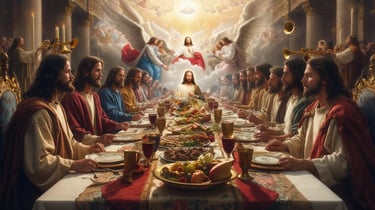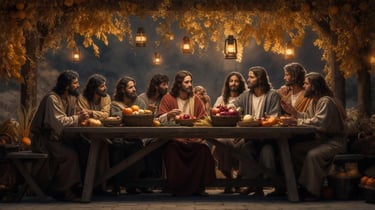Understanding the Fall Feasts and Their Prophetic Significance for Yahushua and the Church
So yes — the feasts belong to God, Yahushua lived them, the apostles continued them, and the Church (being His body) should reflect them.
FEAST OF TRUMPETSCHRISTIAN EVENTSWEDDING MUSIC
The Star of David Ministry
9/15/20252 min read


The Feast of Trumpets (Yom Teruah)
The Feast of Trumpets, or Yom Teruah, marks a significant moment in the Jewish calendar, symbolizing a time of reflection and anticipation. This feast heralds the beginning of the High Holy Days, highlighting themes of awakening and repentance. From a prophetic perspective, Yom Teruah is a profound representation of the future return of Yahushua. It is traditionally believed that His return will be accompanied by the sound of a trumpet, calling His followers to awareness and readiness. The church is thus urged to engage in self-examination and spiritual preparedness, aligning itself with the call to recognize the significance of this feast. Visit our Facebook Group:
Feast of Trumpets (Yom Teruah / Rosh Hashanah)
Trumpets announce the King. Yahushua is returning with the sound of the shofar (1 Thessalonians 4:16).
It’s also called the “day no one knows the hour,” echoing Yahushua’s words about His return (Matthew 24:36).
For the Church, it’s the wake-up call to be ready.The Day of Atonement (Yom Kippur)
Following the Feast of Trumpets, the Day of Atonement, or Yom Kippur, presents an essential theological framework for understanding sacrifice and redemption. This day is observed with fasting, prayer, and deep introspection, focusing on atonement and forgiveness. In relation to Yahushua, Yom Kippur embodies the ultimate sacrifice He made for humanity’s sins through His crucifixion. The significance of this feast emphasizes the church's role in embracing grace and seeking reconciliation not just with God but also within congregations and communities. The church is reminded that true atonement requires active repentance and a sincere turn toward righteousness.
JOIN OUR FEASTS AND GET TICKETS
Day of Atonement (Yom Kippur)
The High Priest entered the Most Holy Place once a year with blood for atonement (Leviticus 16).
Yahushua fulfilled this as our eternal High Priest, offering His own blood (Hebrews 9:12).
For the Church, it points to ultimate judgment and final reconciliation with God.The Feast of Tabernacles (Sukkot)
Feast of Tabernacles (Sukkot)
Israel dwelt in booths, remembering God’s presence in the wilderness (Leviticus 23:42–43).
John writes, “The Word became flesh and dwelt (tabernacled) among us” (John 1:14).
Prophetically, it points to the Kingdom of God when He will dwell with His people forever (Revelation 21:3).
So yes — the feasts belong to God, Yahushua lived them, the apostles continued them, and the Church (being His body) should reflect them. The contradiction comes from the later Church institutions trying to redefine God’s calendar.
In summary, the Fall Feasts—Yom Teruah, Yom Kippur, and Sukkot—are rich with prophetic meaning that underscores the relationship between Yahushua and the church. Each feast serves as a reminder of divine providence, grace, and the anticipated fulfillment of God’s promises. Understanding these observances enhances the spiritual journey, fostering a deeper connection with the divine timeline and the community of believers.
Christians Gathering Fellowship
Ministry@thestarofdavid.shop
1-519-721-1895
© 2025. All rights reserved.
